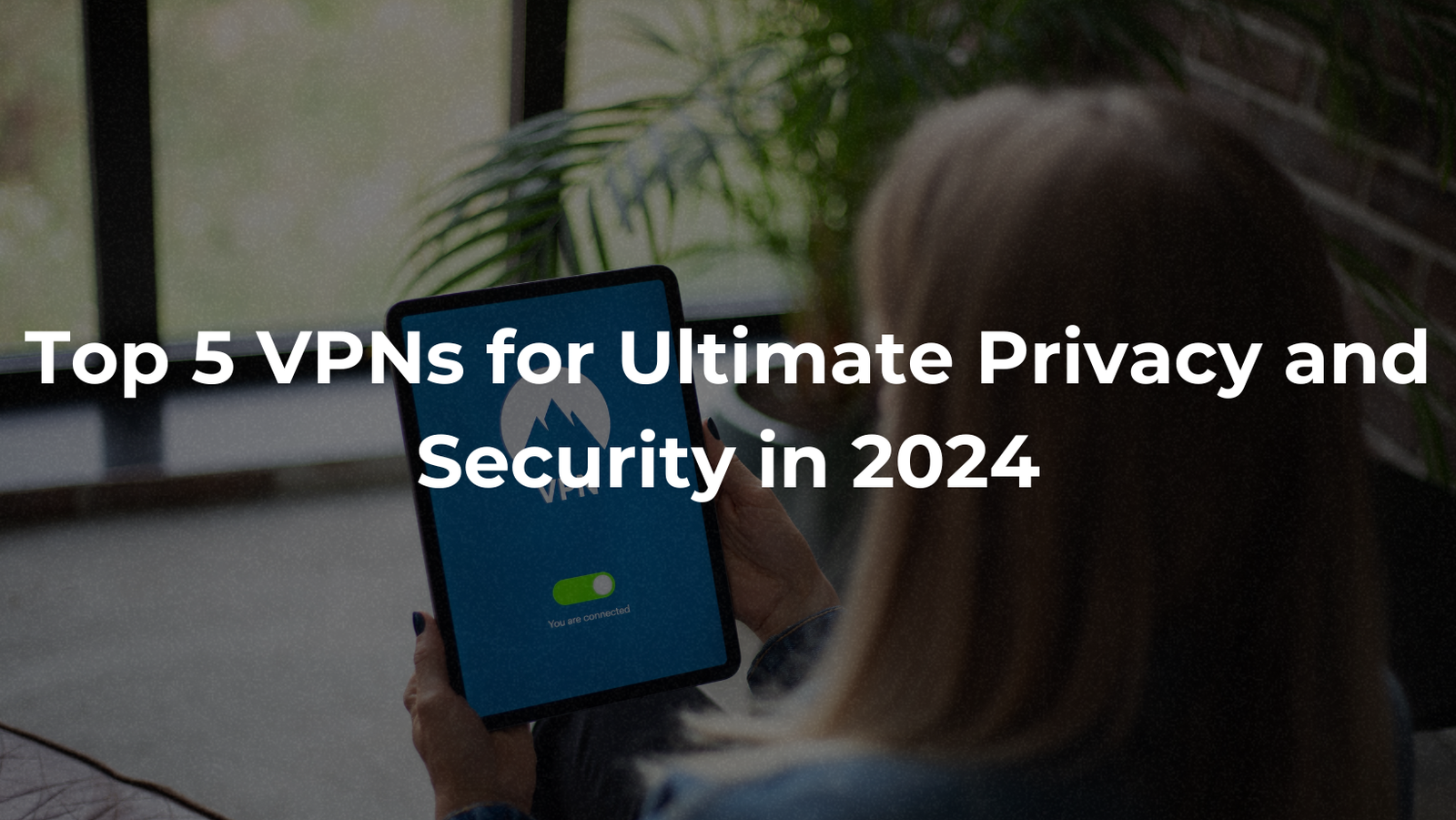Ransomware Attack on Tri-City Medical Center in California
The ransomware attack on Tri-City Medical Center in Oceanside, California, continues to disrupt operations five days after the breach. The impact of the Tri-City Medical Center ransomware attack is severe, as the hospital, which serves San Diego County, had to suspend emergency services and place itself on an “Internal Disaster Diversion” with the San Diego County Office of Emergency Services.
Table of contents
Impact of the Attack
- Emergency Services Halted: Following the discovery of unauthorized activity on its network, the hospital shut down critical systems to prevent malware spread. As a result, it could not accept 911 patients, forcing emergency responders to reroute patients to other facilities due to the impact of the ransomware attack on Tri-City Medical Center.
- Ongoing Recovery Efforts: The hospital has not confirmed the current status of its emergency services, leaving questions about its operational capacity while dealing with the aftermath of the recent ransomware attack.
Cybersecurity Challenges in Healthcare
Nikolas Behar, a cybersecurity professor at the University of San Diego, noted that hospitals are particularly vulnerable to ransomware attacks due to outdated software on critical medical devices like heart monitors and IV pumps. He emphasized that hospitals also face higher standards for safeguarding sensitive patient data, making them prime targets for cybercriminals. The Tri-City Medical Center ransomware attack is a stark example of these vulnerabilities.
Tactics Used by Ransomware Groups
The Tri-City attack follows the typical ransomware pattern of encryption and double extortion. Hackers encrypt the victim’s data and demand payment for decryption. Afterward, they may also demand additional payment to prevent the leaked data from being published online, as seen in the ransomware attack on Tri-City Medical Center.
Behar highlighted that many ransomware groups operate out of Eastern Europe, where governments often ignore these activities. In some cases, hackers work as intelligence agents by day and cybercriminals by night.
Protecting Against Future Attacks
Behar recommends patients and organizations take the following precautions:
- Cyber Hygiene: Use strong passwords and enable multifactor authentication to help prevent incidents like the Tri-City Medical Center ransomware attack.
- Monitor Financial Activity: Keep a close eye on credit reports and consider freezing credit temporarily.
- Identity Protection: Patients should carefully review identity protection services offered post-breach, as accepting such services may waive their legal rights to sue.
A Call for Proactive Security
Healthcare organizations must adopt more robust cybersecurity measures, such as regular software updates, Zero Trust frameworks, and incident response planning, to protect against escalating cyber threats like the Tri-City Medical Center ransomware attack.
At Business PC Support, we work to fortify your organization’s cybersecurity defenses with tailored solutions designed for the healthcare sector. Contact us today at contactus@bpsemail.com or visit businesspcsupport.com.
References
CyberNews. (2023, December 7). Cyber hit on California hospital involves ransomware, says gang. Retrieved from https://cybernews.com/news/tri-city-medical-california-hospital-ransomware/ about the Tri-City Medical Center ransomware attack.
NBC San Diego. (2023, November 14). Tri-City Medical Center still working to recover 5 days after cyber attack shut down emergency services. Retrieved from https://www.nbcsandiego.com/news/local/tri-city-medical-center-still-working-to-recover-5-days-after-cyber-attack-shut-down-emergency-services/3355189/




Comments are closed